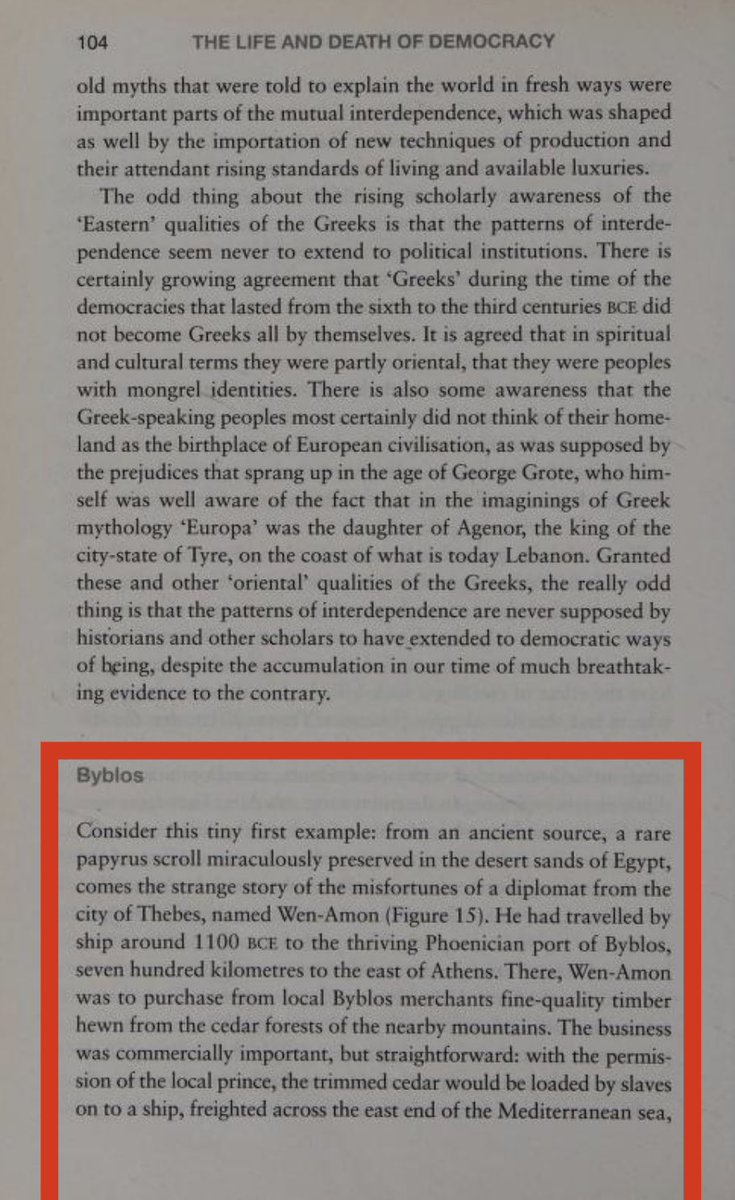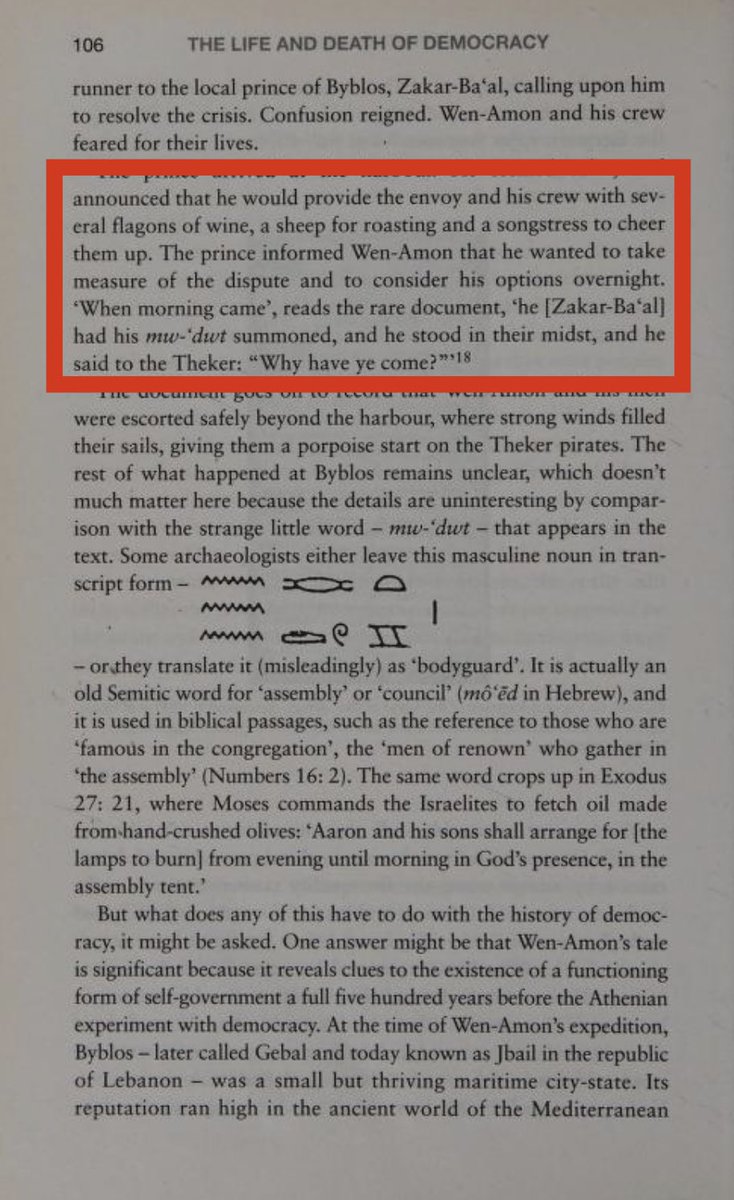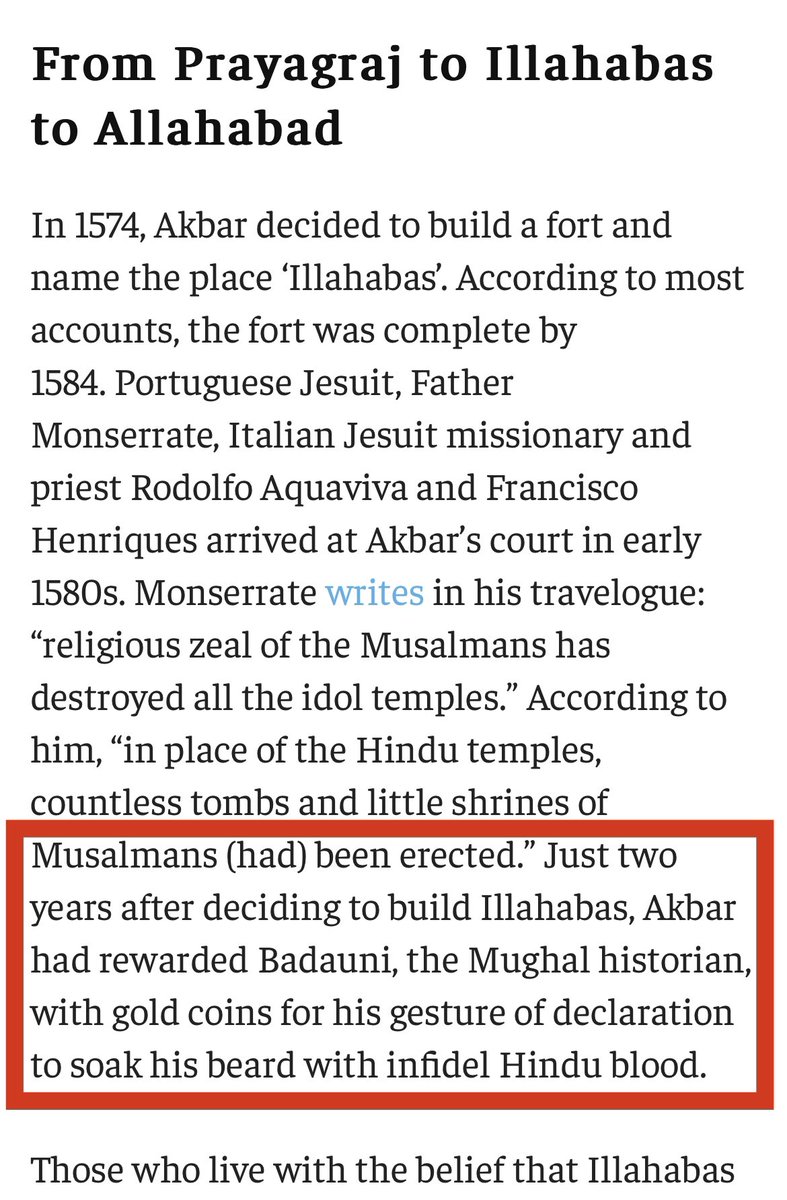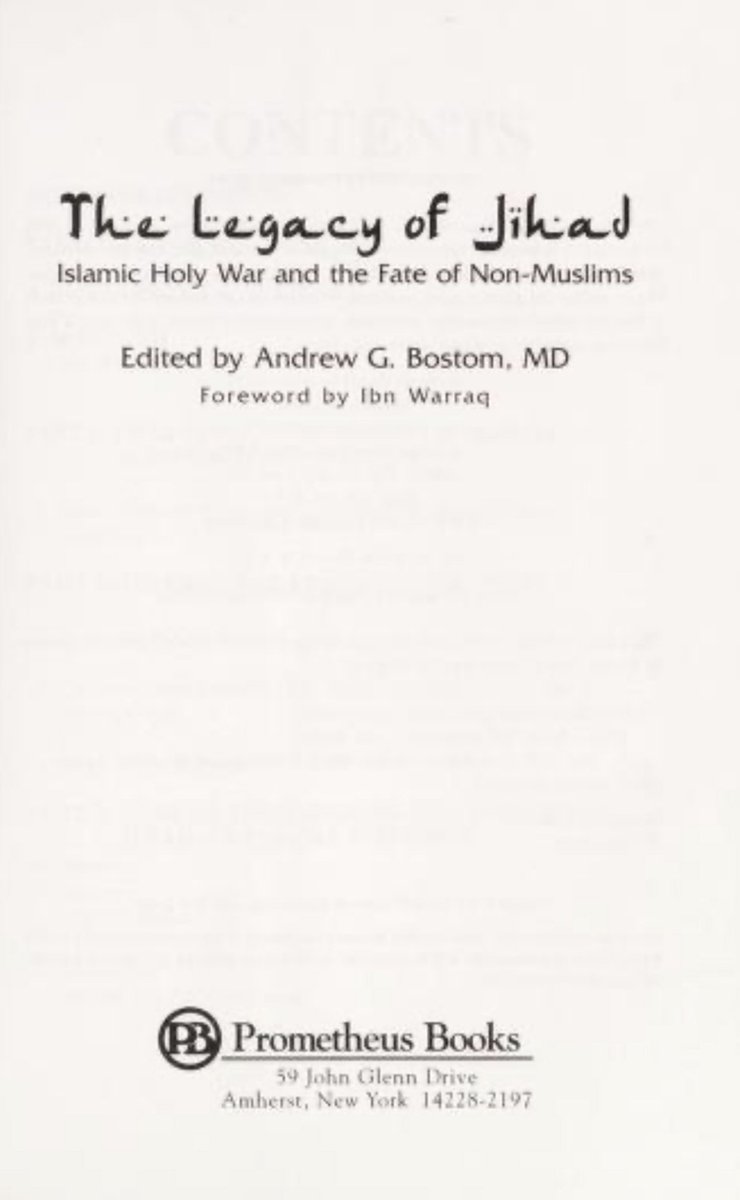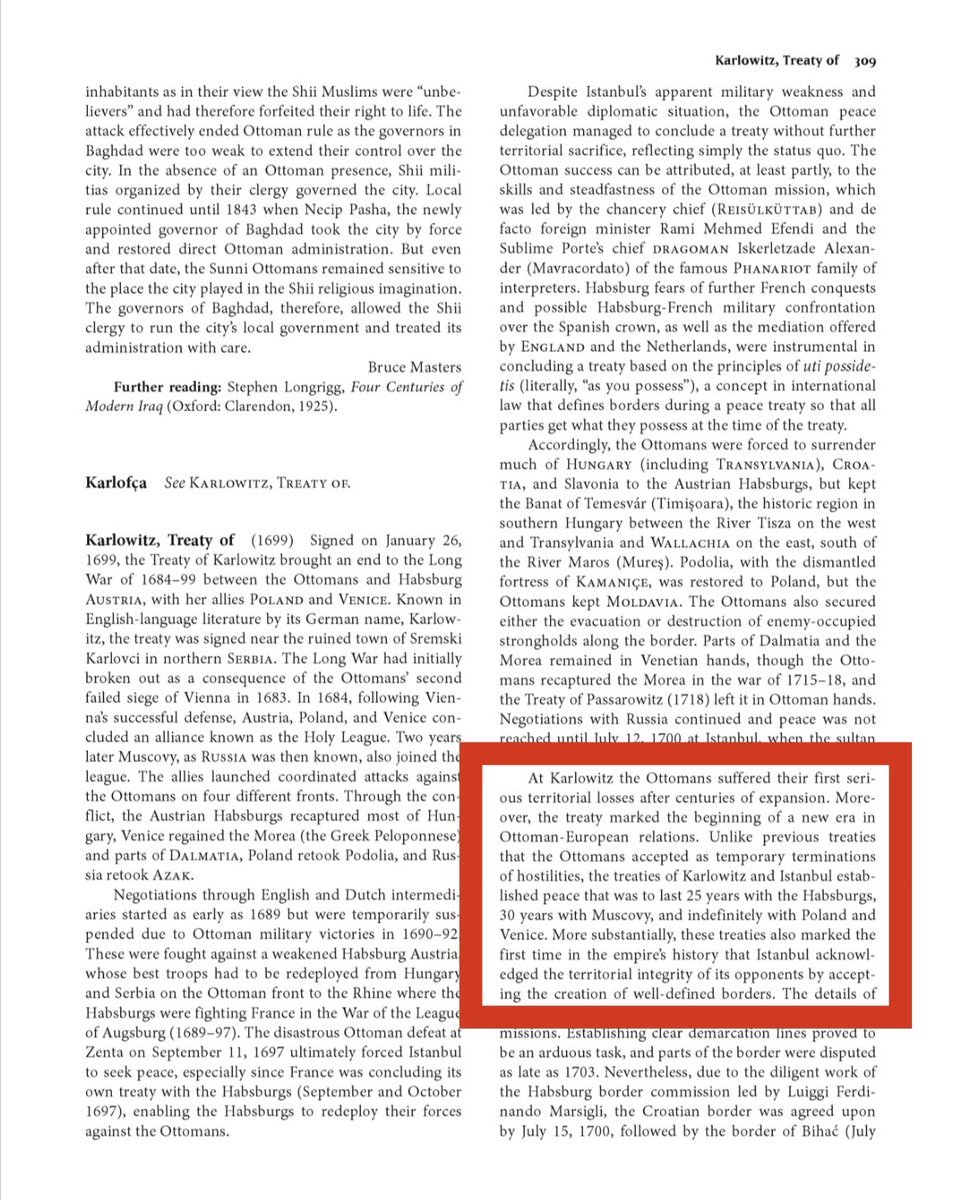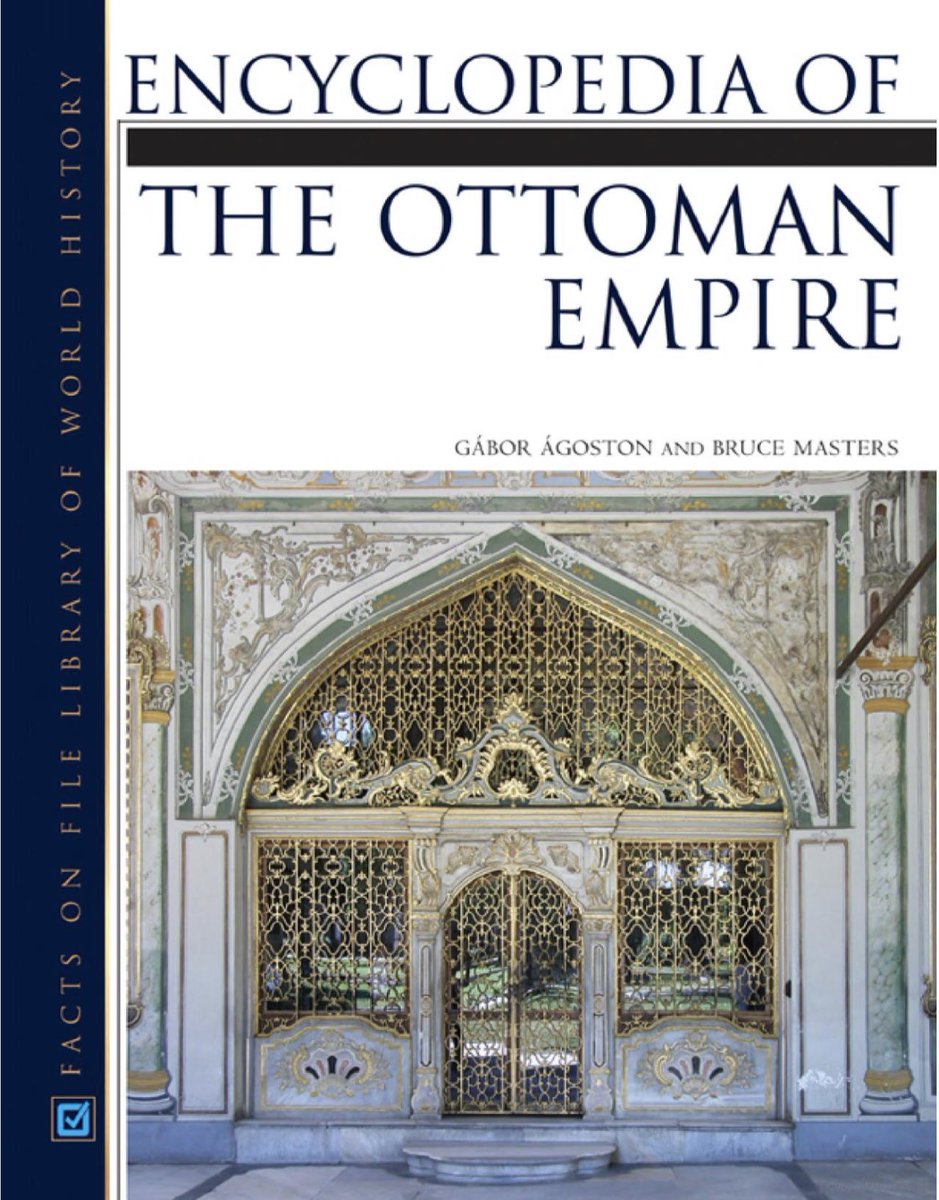
Did you know that Greece, the very cradle of Western Philosophy, was once under Muslim rule?
For a good 400+ years?
All the way until 1821?
But that’s not the most remarkable thing about the Greek War of Independence.
It’s this:
For a good 400+ years?
All the way until 1821?
But that’s not the most remarkable thing about the Greek War of Independence.
It’s this:
War needs two things: Man and money.
While the first came to Greece from a military trinity of Russia, France, and Britain, the latter came from…
Jews.
Many Jewish bankers had grown enormously rich and faced visible discrimination under the Ottomans in various cities.
While the first came to Greece from a military trinity of Russia, France, and Britain, the latter came from…
Jews.
Many Jewish bankers had grown enormously rich and faced visible discrimination under the Ottomans in various cities.
There were some that rose to positions of significant influence even in the Ottoman court, but the lay Jew often faced restrictions that his Muslim counterpart didn’t, such as taxes (haraç and cizye), clothing, slave ownership, and even riding horses.
Haraç and cizye were not exactly exclusive to Jews—Muslims paid zakat, others paid haraç, Muslims paid jizya, others paid cizye.
The discrimination lay in rates of these taxes. Non-Muslims paid significantly more than Muslims.
This was deeply resented.
The discrimination lay in rates of these taxes. Non-Muslims paid significantly more than Muslims.
This was deeply resented.
Ironically, these Jews were descendants of the very ones who had sought refuge in the Ottoman realm 4 centuries earlier. They were fleeing European antisemitism in the wake of the Black Death.
But now things were different. The safe haven had, over time, become the persecutor.
But now things were different. The safe haven had, over time, become the persecutor.
So the financial participation in Greece’s efforts made perfect political sense.
Long story short, Greece won this round.
But an independent nation isn’t the only thing this war birthed. It also birthed the first seeds of Jewish nationalism.
Zionism.
Long story short, Greece won this round.
But an independent nation isn’t the only thing this war birthed. It also birthed the first seeds of Jewish nationalism.
Zionism.
Interestingly, instead of democracy, the newly liberated nation chose monarchy.
And instead of ethnic Greek, the new monarchy picked a German!
Prince Otto Friedrich Ludwig of Bavaria became the first King of Greece on May 27, 1832.
And instead of ethnic Greek, the new monarchy picked a German!
Prince Otto Friedrich Ludwig of Bavaria became the first King of Greece on May 27, 1832.
After Otto, the throne went to a different dynasty, the House of Glücksburg. Also German.
And this monarchy remained in place until as recently as 1973. With a brief 11-year interruption between 1924 and 1935.
Now hear something remarkable about it…
And this monarchy remained in place until as recently as 1973. With a brief 11-year interruption between 1924 and 1935.
Now hear something remarkable about it…
The House of Glücksburg itself is a branch of the House of Oldenburg. And members of this one dynasty at one point ruled:
Greece,
Russia,
Germany,
Norway,
Denmark, and
Britain
Simultaneously.
In and around 1914.
Greece,
Russia,
Germany,
Norway,
Denmark, and
Britain
Simultaneously.
In and around 1914.
In other words, WWI, was in essence a family feud. With the Ottomans thrown in for added drama.
The Mountbatten you’re familiar with, originally came from the Battenberg dynasty, itself a collateral branch of Glücksburg.
The Mountbatten you’re familiar with, originally came from the Battenberg dynasty, itself a collateral branch of Glücksburg.
The name was changed from Battenberg to Mountbatten by British members of the family to make it sound less German and more Anglican during WWI.
A member of this dynasty would later marry Princess Elizabeth and become Prince Philip, Duke of Edinburgh.
A member of this dynasty would later marry Princess Elizabeth and become Prince Philip, Duke of Edinburgh.
Now coming back to the Greek War of Independence, this was almost a “Holy War” to liberate rich Christian lands of Europe from Islamic shackles.
To recap,
The Ottomans on one side, and Europe on the other.
Among the European powers was Russia.
To recap,
The Ottomans on one side, and Europe on the other.
Among the European powers was Russia.
The dynasty ruling Russia at the time was Romanov. And both Glücksburg and Romanov find a common origin in the House of Oldenburg.
And here’s the interesting bit, the same parent dynasty in Denmark had joined forces with the Ottomans against…
The Holy Roman Empire.
And here’s the interesting bit, the same parent dynasty in Denmark had joined forces with the Ottomans against…
The Holy Roman Empire.
A good question to ask at this point would thus be, how much of a “religious” conflict is really about religion? And at what point does holy become political? Is “holy” really a thing in the first place?
History doesn’t offer answers.
It isn’t obligated to.
History doesn’t offer answers.
It isn’t obligated to.
• • •
Missing some Tweet in this thread? You can try to
force a refresh


